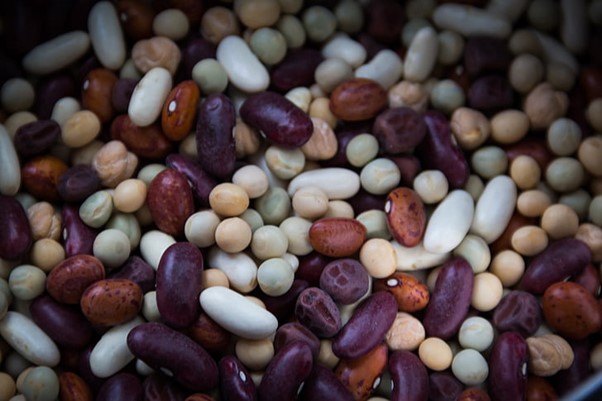In an effort to address the European Union’s vulnerability due to its heavy dependence on imported plant proteins, lawmakers in the European Parliament’s Agriculture and Rural Development Committee have proposed a roadmap for strategic autonomy in the protein sector. Currently, more than two-thirds of the EU’s plant proteins are imported, leaving the bloc susceptible to disruptions in the global supply chain.
The urgency for such a strategy became evident during the COVID-19 pandemic and the conflict in Ukraine, which exposed the EU’s reliance on third-party countries for essential protein sources. Presently, only around 30% of plant proteins, primarily used in animal feed, are produced within Europe. The situation is even more critical for soybeans, with a staggering 90% of EU imports coming from countries like Brazil and the United States.
This reliance on foreign sources of protein can be traced back to policies established in the 1960s, particularly the Dillon Round Agreement, which permitted duty-free exports of oilseeds, including soy, from the United States to Europe.
European leaders recognized the need to bolster protein production on the continent at a meeting in Versailles in March 2022, aiming to enhance the EU’s food sovereignty. In response to mounting pressure from member states and MEPs, the European Commission developed a global protein strategy for 2022, unveiled a year later in Paris when France introduced its own ‘plant protein’ strategy.
The MEPs’ report, while not legally binding, calls on the Commission to support farmers in transitioning their crops, increasing yields, and improving protein quality. To achieve higher production levels, they propose maintaining the cultivation of set-aside land, particularly after the derogation related to the war in Ukraine expires in 2024.
Additionally, the report emphasizes the importance of diversifying protein sources, including exploring alternative proteins like microbial, insect-based, and algae-based options. However, it excludes “cell food” or synthetic proteins for both human and animal consumption, citing concerns about their environmental, water, and energy impact.
In line with promoting food sovereignty, MEPs argue that utilizing locally produced proteins for livestock can encourage short supply chains, contributing to the fight against climate change. They suggest the introduction of organic programs for legumes and grasslands, along with the creation of funds to support protein crop cultivation.
Legumes are of particular interest due to their low fertilizer usage and nitrogen-capturing properties, aligning with the EU’s Farm to Fork initiative, an agricultural component of the European Green Deal. The report also advocates for the establishment of a “scientific and voluntary label” to assess the environmental footprint of food and feed products.
Furthermore, MEPs highlight the potential for repurposing legume waste into fertilizer and biogas, urging the Commission to propose regulations regarding the use of secondary streams from plant protein extraction, agricultural residues, and food production waste for bioenergy production.
The proposed strategy is seen as a pragmatic and ambitious approach that aligns with the EU’s agricultural fabric, reduces greenhouse gas emissions, and enhances food sovereignty while creating employment opportunities. German MEP Maria Noichl emphasized the need to reduce the massive import of soy from South America, citing its negative environmental and social impacts.
The draft resolution is expected to undergo a plenary vote, likely in October, while the European Commission has expressed its intent to adopt a European protein strategy in early 2024.

Recent Comments